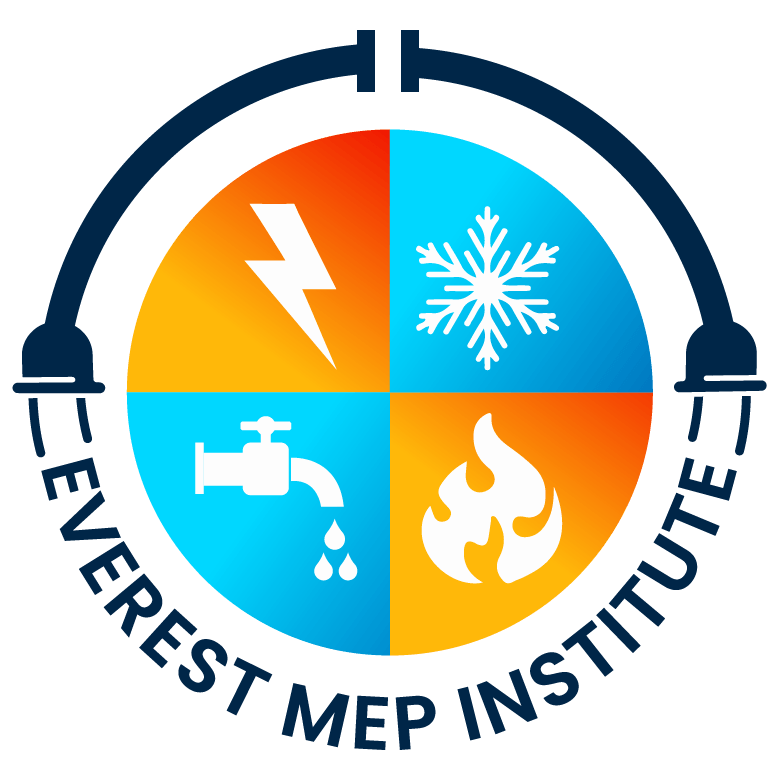Best Practices for Online MEP Engineering Courses
Hamza
January 22, 2024

Creating Engaging and Interactive Content
In the realm of online MEP (Mechanical, Electrical, and Plumbing) engineering courses, the key to success lies in creating content that captivates and engages students. Traditional classroom settings often leverage hands-on experiences, but the digital landscape requires a thoughtful approach to replicate such immersive learning.
To make online MEP engineering courses effective, educators must harness the power of technology to create interactive content. Utilizing 3D modeling software, simulations, and virtual labs can provide students with a dynamic learning experience. Incorporating real-world scenarios into the coursework allows students to apply theoretical knowledge in practical situations. Engaging multimedia, such as videos, animations, and virtual tours, can further enhance the learning process.
Moreover, fostering a collaborative online environment through discussion forums, group projects, and virtual teamwork exercises promotes interaction among students. Incorporating quizzes, polls, and interactive assessments not only helps gauge understanding but also keeps learners actively involved. By blending theoretical concepts with hands-on simulations and collaborative activities, online MEP courses can bridge the gap between traditional and digital learning, providing students with a comprehensive educational experience.
Embracing Technological Advancements for Remote Laboratories
In the evolving landscape of MEP engineering education, the integration of remote laboratories stands out as a transformative practice. Traditionally, hands-on experiments and laboratory work have been integral components of engineering education, but adapting these practices to an online format presents challenges and opportunities.
Remote laboratories, powered by cutting-edge technologies, enable students to conduct experiments and explore real-world scenarios from the comfort of their homes. Virtual labs equipped with sensors, actuators, and data acquisition systems allow students to interact with physical setups remotely. This not only addresses the limitations of physical distance but also provides a scalable solution for a diverse student population.
Furthermore, embracing augmented reality (AR) and virtual reality (VR) in remote laboratories enhances the immersive experience. Students can virtually manipulate equipment, visualize complex systems, and troubleshoot issues in a simulated environment. This not only ensures safety in experimenting but also broadens accessibility to advanced facilities that might be geographically distant.
By leveraging technological advancements in remote laboratories, online MEP engineering courses can offer students a hands-on experience that rivals traditional in-person settings. This approach not only enhances the quality of education but also prepares students for the demands of a technologically-driven industry.
